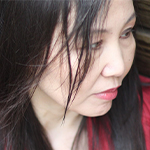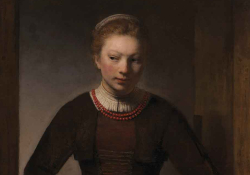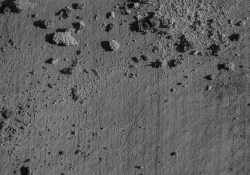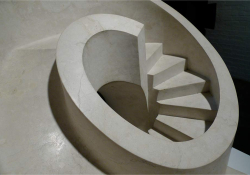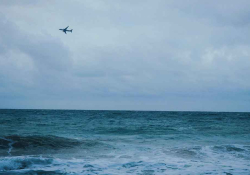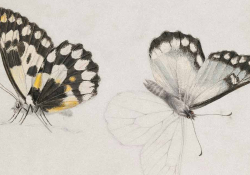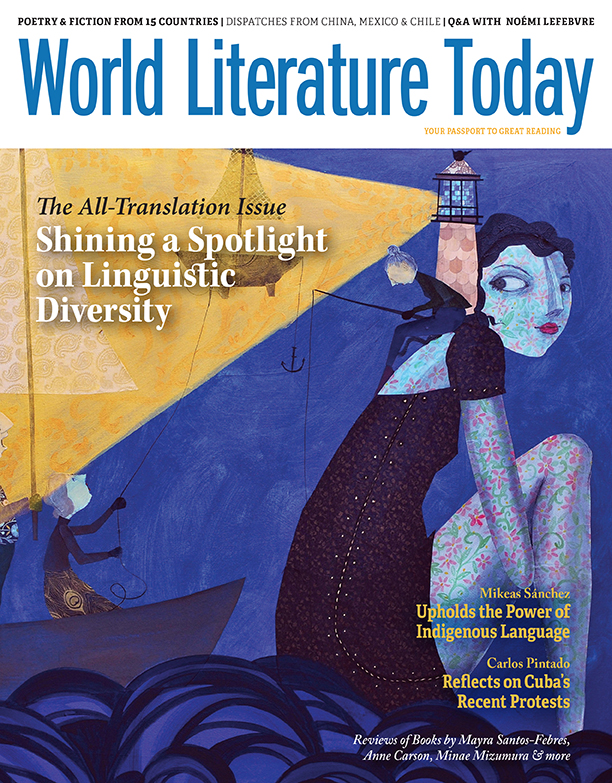Golden Rice Sheaves
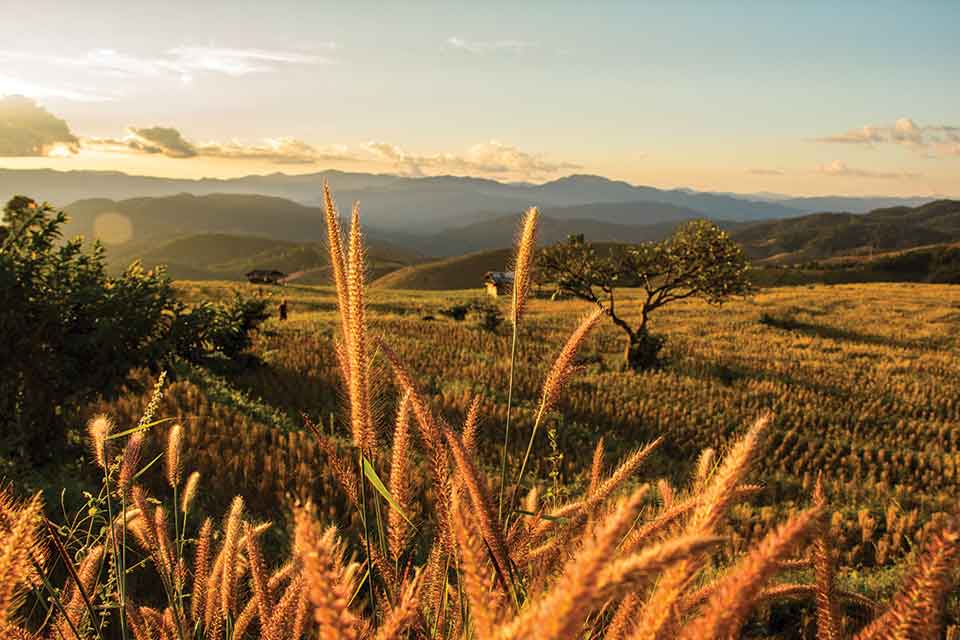
Golden rice stands in sheaves
in the freshly cut autumn field.
I think of many exhausted mothers and see
beautiful, wrinkled faces along the road at dusk.
This is the day of harvest, a full moon hangs
atop the towering trees
and in the twilight, distant mountains
circling my heart.
No statues can ever be more solemn.
Shouldering great weariness, you
lower your head in thought
in the far-reaching field of autumn.
Silence. Silence. History is but a small
stream flowing under your feet.
And you—you just stand there, your thought
becoming a thought of the human race.
Translation from the Chinese
Translator’s note: Zheng Min, who turned 101 in July, is the last living writer of the Nine Leaves of Chinese modernist poets, a term used for nine of the pioneering writers who were active in the 1940s and later published in a monumental collection entitled Nine Leaves (1981). The anthology started a new period of poetry in contemporary China that lasted till the present time with continual debates, several of which were ignited by Zheng’s essays or interviews. This poem was written during the war when three major universities were relocated to Kunming, Yunnan province, named Southwest United University. Zheng attended Southwest United and graduated in 1943. She saw rice fields on the way from the classroom to her dormitory one day.

